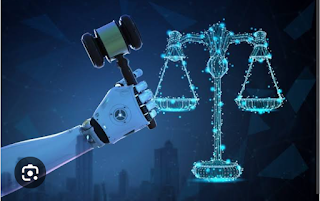If I Am Wise for Three Days, I Am Mad for Five: A Philosophical Exploration
The proverb "If I am wise for three days, I am mad for five" is a profound statement that delves into the complexities of human nature and the cyclical nature of wisdom and folly. It suggests that moments of clarity and insight are often fleeting, and that we are prone to periods of irrationality and self-destruction.
The Duality of Human Nature
The proverb highlights the inherent duality of human existence. We possess the capacity for great wisdom and understanding, yet we are also susceptible to impulses, emotions, and external influences that can lead us astray. This push-pull between reason and madness is a defining feature of our humanity.
The Ephemeral Nature of Wisdom
The phrase "If I am wise for three days" underscores the transient nature of wisdom. Moments of enlightenment may come and go, often as a result of experiences, reflections, or encounters with others. However, these periods of clarity are not always permanent, and we can easily slip back into patterns of thinking and behavior that are less than wise.
The Cycle of Wisdom and Folly
The proverb suggests that periods of wisdom are often followed by periods of folly. This cyclical pattern can be attributed to various factors, such as the influence of our emotions, the pressures of daily life, or the allure of immediate gratification. When we are not grounded in wisdom, we are more likely to make impulsive decisions, engage in self-destructive behaviors, and fall victim to manipulation or deception.
The Pursuit of True Wisdom
The proverb serves as a reminder of the challenges we face in our pursuit of true wisdom. It is not a static state of being, but rather a continuous journey of learning, self-reflection, and conscious effort. We must be vigilant in cultivating our wisdom, recognizing its fleeting nature, and striving to maintain balance amidst the ebb and flow of life's experiences.
Conclusion
The proverb "If I am wise for three days, I am mad for five" is a profound reflection on the complexities of human nature and the cyclical relationship between wisdom and folly. It serves as a reminder of the challenges we face in our pursuit of true wisdom, encouraging us to cultivate self-awareness, embrace humility, and strive for balance in our thoughts, words, and actions.
This proverb is a rich source of philosophical contemplation, inviting us to explore the depths of human nature, the nature of wisdom, and the delicate balance between reason and madness. It is a reminder that the path to true wisdom is a lifelong journey, filled with both triumphs and setbacks, but ultimately leading to a deeper understanding of ourselves and the wor
ld around us.












